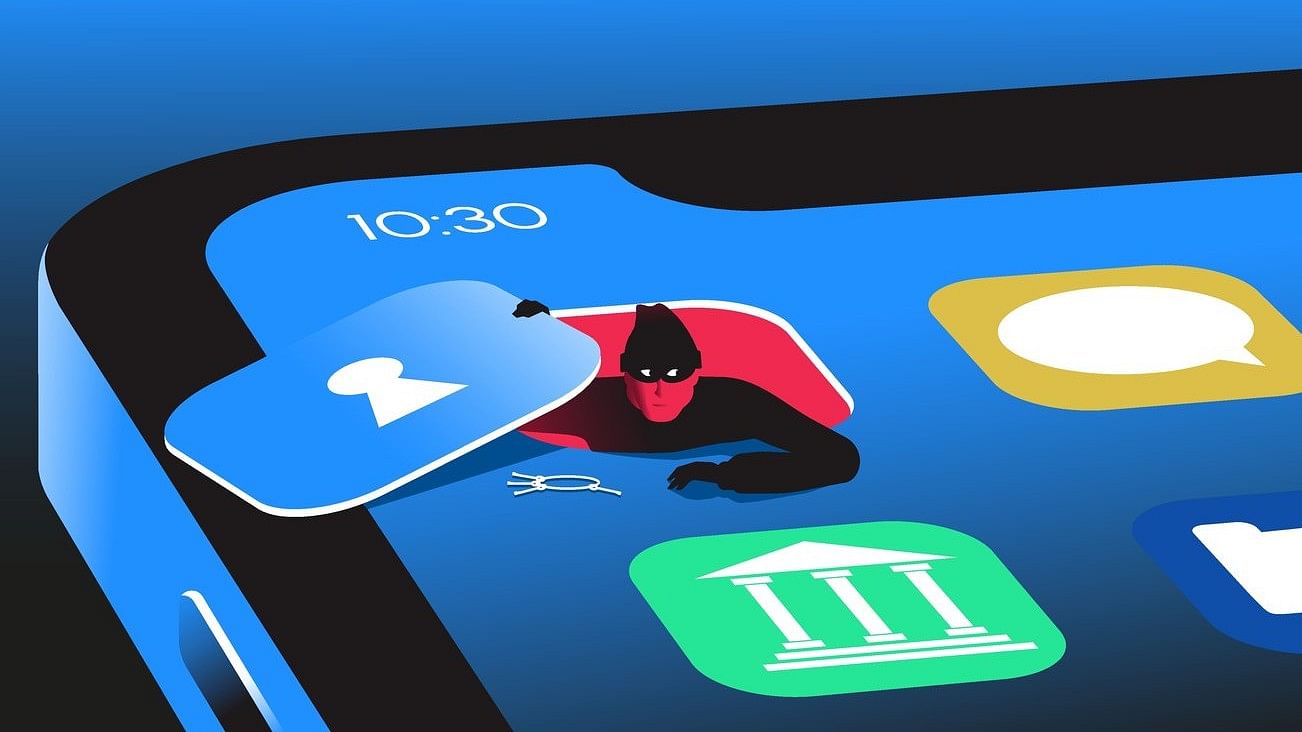
Representative image of cybercrimes
Credit: iStock Photo
Bengaluru: Of the Rs 1,242 crore lost by Bengalureans to cybercrimes in the first eight months of this year, banks have frozen Rs 513 crore, or a little over 40%. However, investigators have managed to recover only Rs 111 crore.
Investigators attribute the vast difference between frozen and recovered money to the absence of a centralised Standard Operating Procedure (SOP) for recovering frozen money.
When a victim reports a cybercrime within the ‘golden hour’ and the bank freezes the recipient account, the victim must obtain the local court’s permission to defreeze the account and reclaim the money.
But there’s a catch.
“If the same bank account is used in another cybercrime, investigators probing that specific case also freeze the same account. If the victim in that case also gets the court permission, it puts the bank in a dilemma about whom to return the money to,” a senior police officer explained.
While some banks release the money to the victim who gets the court permission first, many banks do not defreeze the account at all, he added.
A top police officer, speaking on the condition of anonymity, acknowledged the issue and said they were exploring legal ways to solve it.
"It’s not just happening in Karnataka but across India. Every investigating agency is facing the same problem. It’s because fraudsters use the same mule accounts to cheat people across the country," the officer told DH.
Mule bank accounts, or accounts on hire, are lent by their holders for a fee. Cybercriminals use them to stash the ill-gotten money because of the anonymity they provide.
In some cases, the bank account of a victim who received the lost money is marked as a "mule account", leading to its freezing.
The first officer explained that when a bank defreezes a mule account after the victim gets court permission and sends the lien-marked amount, if the same mule account is frozen in a different case later, the account of the victim who received money is also frozen.
This happens because some victims file complaints late.
For example, when two victims are cheated by the same fraudster and one files a complaint early and receives the lost money in his account, the final transaction of that specific mule account will be made to the first victim’s account. If the second victim files a complaint days after the occurrence of the crime, investigators probing that case will freeze the first victim’s account, considering it to be a mule account as the final transaction ends in that account.
Police are seeking the intervention of the Indian Cybercrime Coordination Centre (I4C), which operates under the Ministry of Home Affairs, to resolve the pertaining issues.